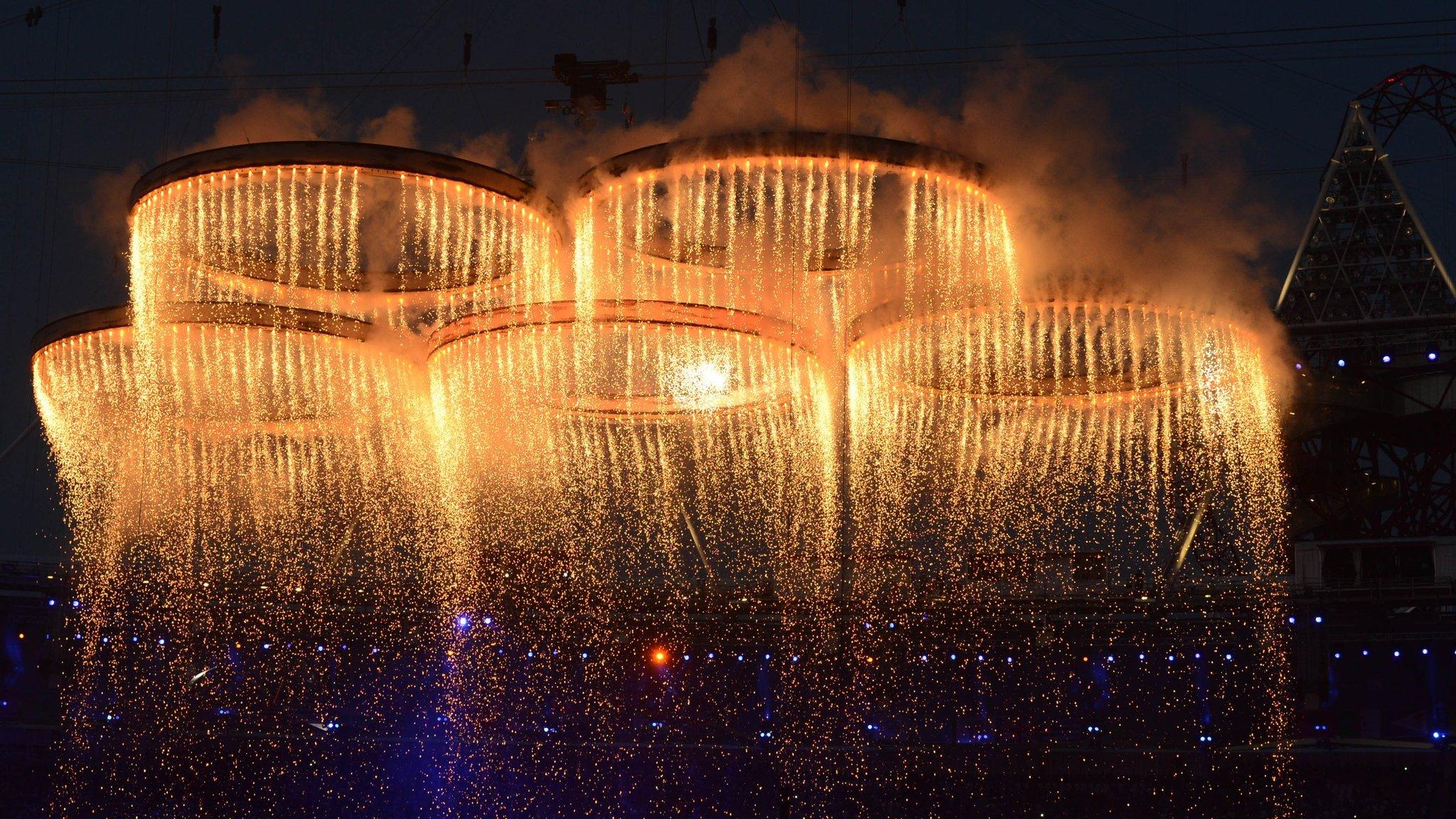Rusada: Russia's anti-doping agency to resume drug testing under supervision
- Published
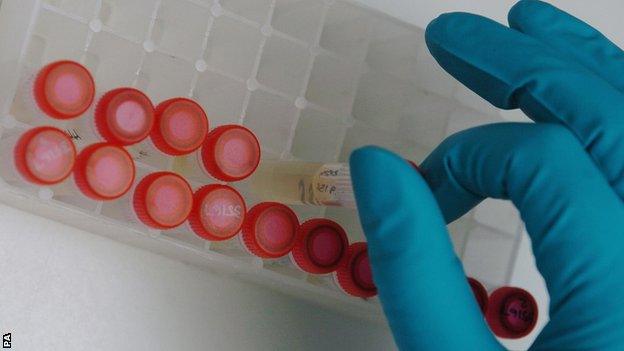
Russia's anti-doping agency was suspended by the world body in 2015 following the McLaren report
Russia can resume drug testing of its athletes under supervision, the World Anti-Doping Agency has announced.
Rusada, Russia's anti-doping agency, was suspended in 2015 after its staff were accused of covering up drug use in a report by lawyer Richard McLaren.
Wada said Rusada would now be able to "plan and co-ordinate" testing under the watch of UK Anti-Doping (Ukad).
Wada president Sir Craig Reedie called it "an important step forward in rebuilding anti-doping in Russia".
He added: "We strongly encourage Russia to continue their efforts in the interest of clean athletes worldwide."
McLaren's report said more than 1,000 Russians, including Olympic medallists, benefited from a state-sponsored doping programme between 2011 and 2015.
At least 30 sports, including football, covered up samples, in what McLaren called "an institutionalised and disciplined medal-winning conspiracy" that affected the 2012 Olympics in London, the 2013 World Athletics Championships in Moscow, and the 2014 Winter Olympics in Sochi.
Following the report's publication, Wada recommended a blanket ban on Russian athletes from Rio 2016, but the International Olympic Committee (IOC) chose to let the individual sports' governing bodies to decide.
Wada said it has made the ruling to allow Rusada to resume testing after it agreed to fulfil certain conditions.
They include access to athletes' biological passports, the implementation of a conflict of interest policy, and guarantees that drug testers would be allowed into so-called "closed cities", the military units where many Russian athletes train.
Another Wada requirement was the removal of Yelena Isinbayeva from her position as Rusada's chair, with Wada saying in May that she was a barrier to compliance with the world anti-doping body's code.
Double Olympic pole vault champion Isinbayeva, who has been critical of the punishment of Russian athletes over evidence of state-sponsored doping, has since stepped down as chair, although she remains a member of Rusada.
Ukad has overseen testing in Russia during Rusada's suspension, hiring private companies to collect samples from athletes.
Following Wada's ruling, Rusada can decide which athletes to test, even if Ukad disagrees with its choice, and employees will be allowed to collect samples from athletes.
Vitaly Mutko, Russia's deputy prime minister, said Wada's ruling was a "very important step" towards Rusada becoming compliant.
"We are striving to create a strong, independent anti-doping agency which, I hope, will win the respect and recognition of its colleagues," Mutko was quoted as saying by the R-Sport news agency.
Dan Roan reports from the discredited Moscow anti-doping laboratory
- Published31 May 2017
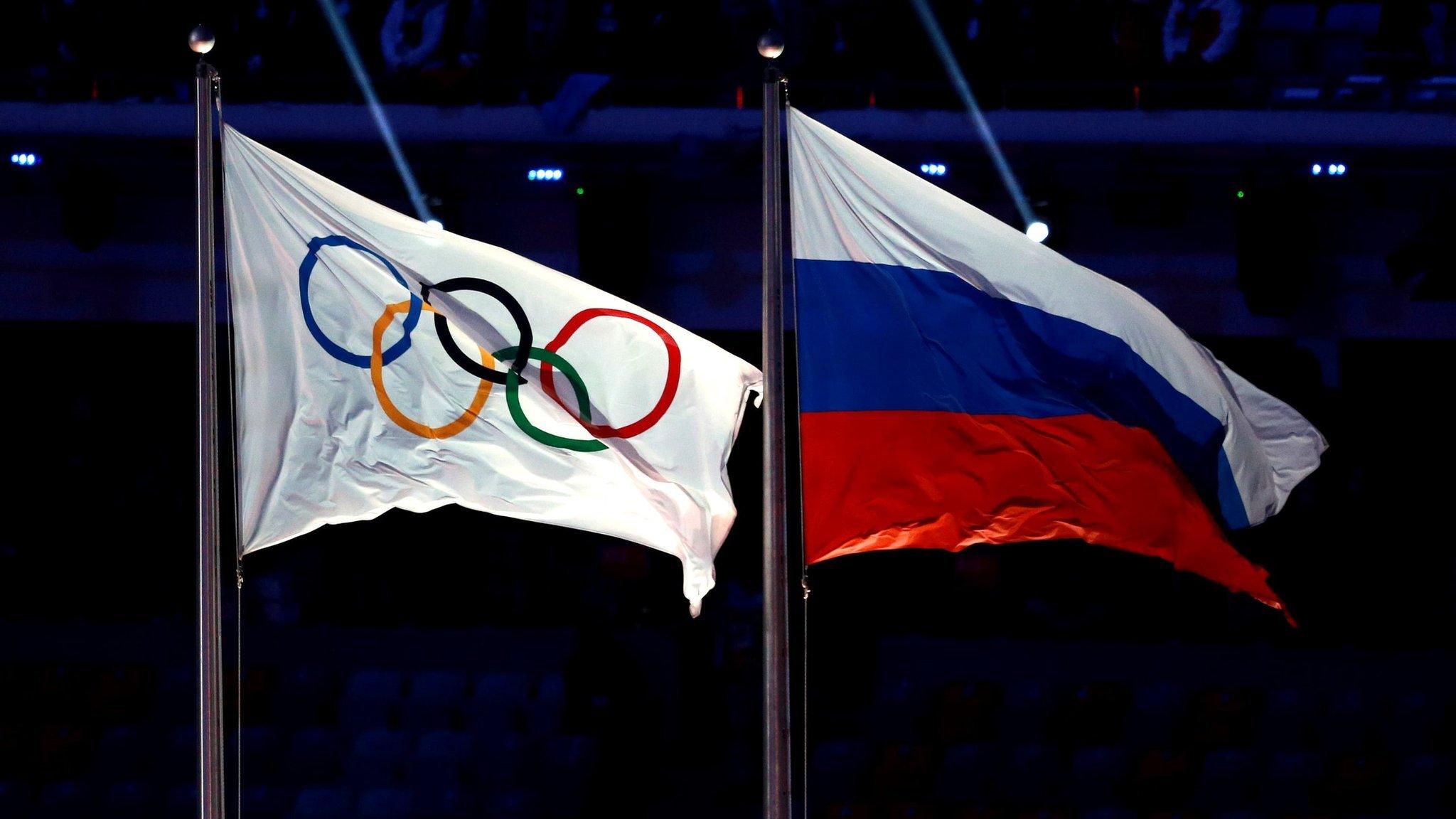
- Published19 May 2017
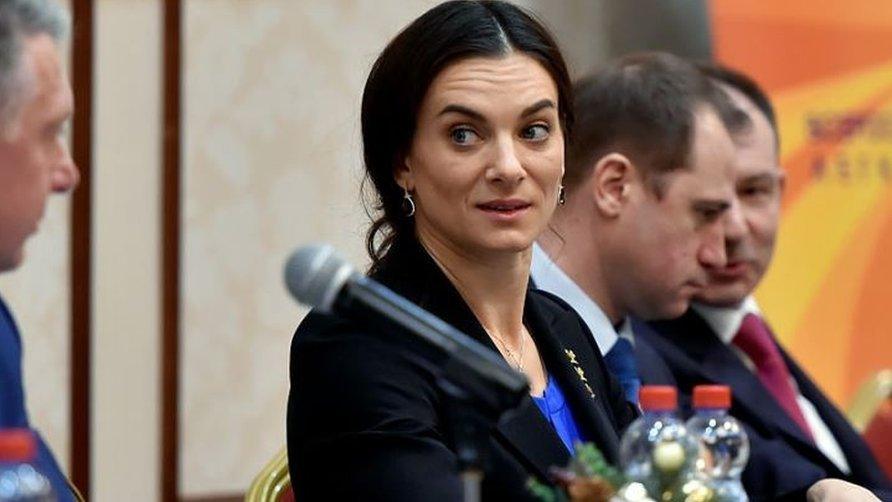
- Published10 March 2017
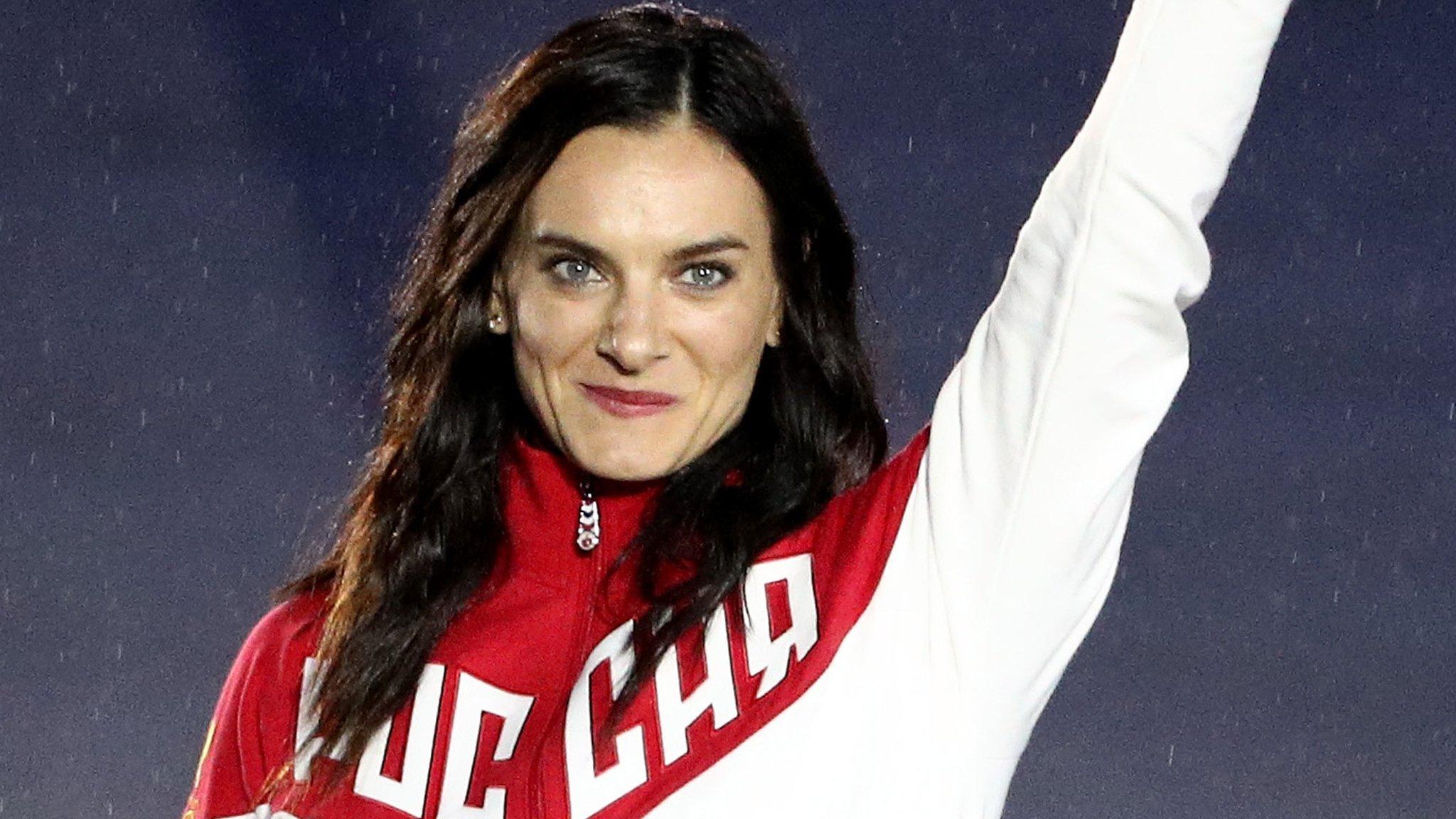
- Published9 December 2016
